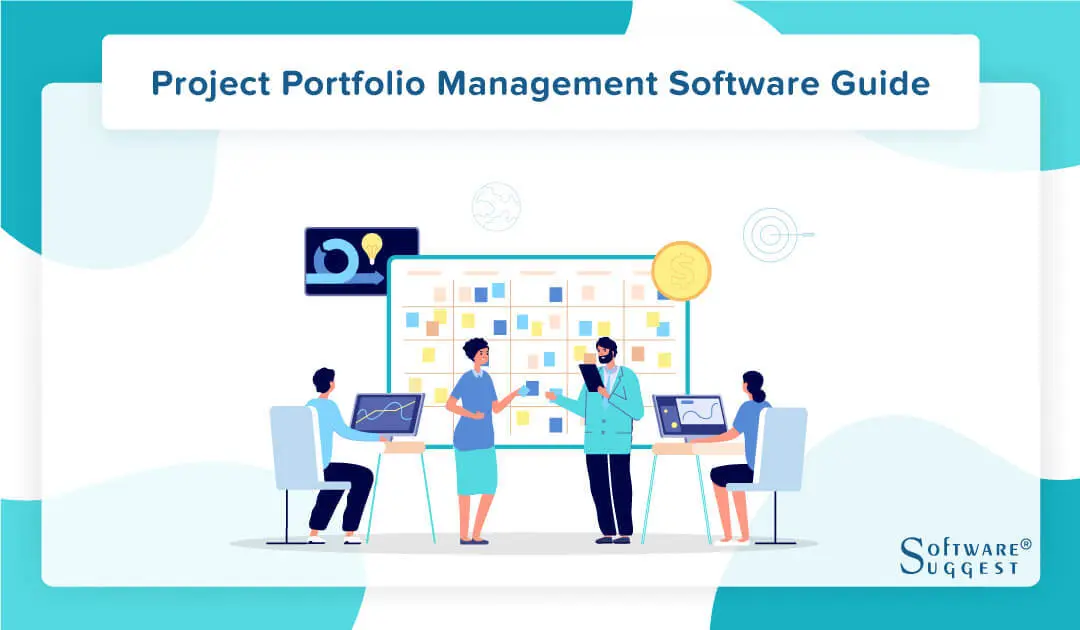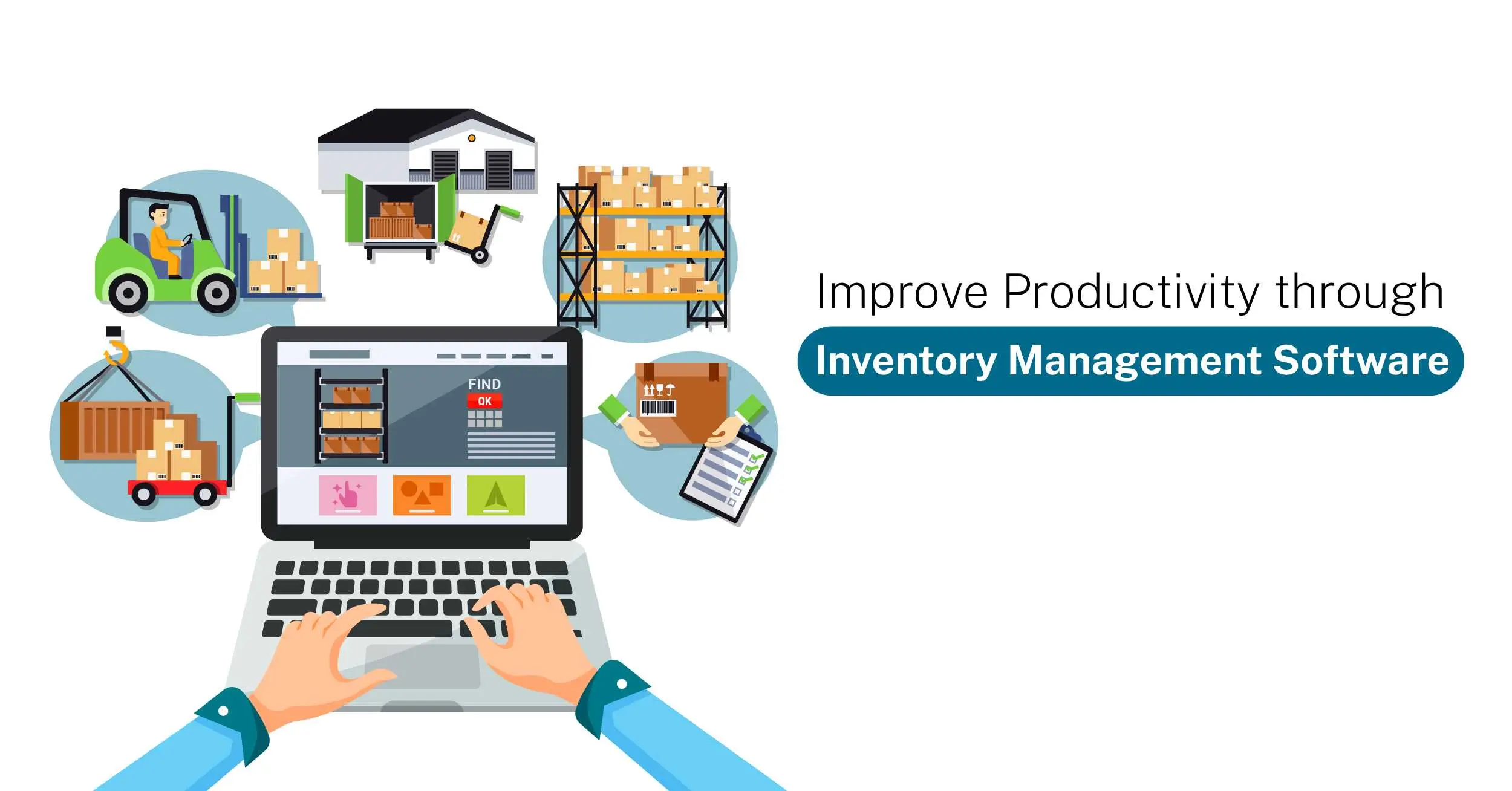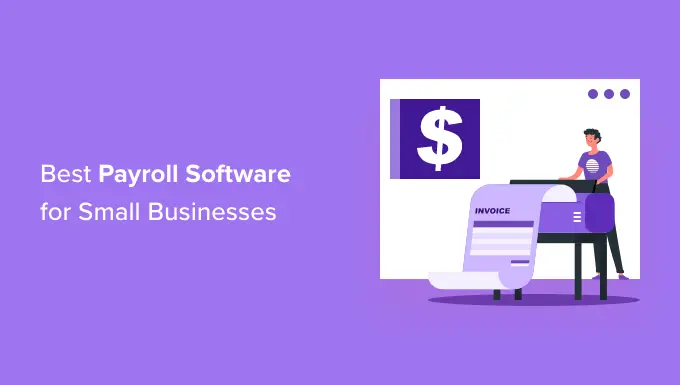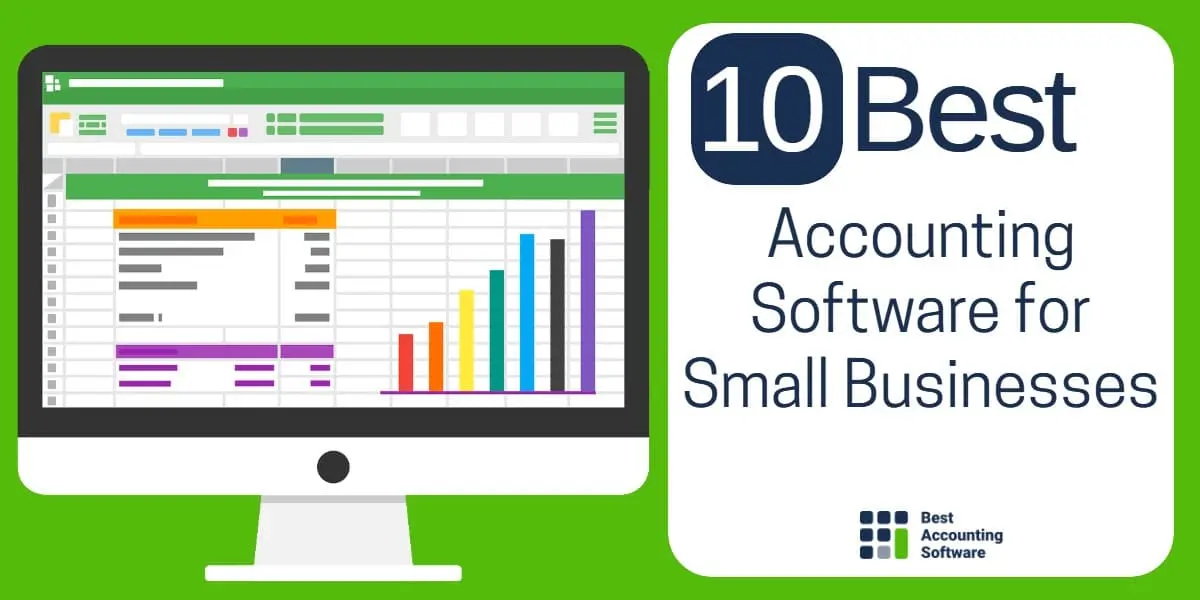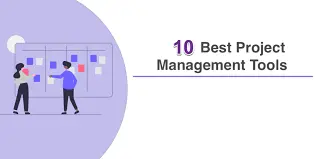
1. Asana
Overview: Asana remains a top contender in project management software due to its intuitive interface and comprehensive features.
Key Features:
- Task and project management
- Customizable dashboards
- Integrations with various third-party apps
- Timeline and calendar views
- Advanced search and reporting
Pros:
- User-friendly interface
- Versatile and scalable for different team sizes
- Extensive integration capabilities
Cons:
- Can be overwhelming for new users
- Limited features in the free version
2. Trello
Overview: Trello is known for its simplicity and visual approach to project management, using boards, lists, and cards.
Key Features:
- Drag-and-drop functionality
- Integration with numerous apps
- Power-Ups for added functionality
- Customizable workflows
Pros:
- Highly visual and intuitive
- Easy to set up and use
- Free version available
Cons:
- Limited advanced features
- Can become cluttered with larger projects
3. Monday.com
Overview: Monday.com offers a flexible and highly customizable platform suitable for a variety of industries.
Key Features:
- Customizable workflows
- Time tracking
- Automation capabilities
- Multiple view options (Kanban, Gantt, calendar)
Pros:
- Highly flexible and adaptable
- Excellent customer support
- Intuitive user interface
Cons:
- Higher cost compared to some alternatives
- Steeper learning curve for new users
4. Jira
Overview: Jira is the go-to tool for software development teams, providing powerful features tailored for Agile and Scrum methodologies.
Key Features:
- Agile boards (Scrum and Kanban)
- Advanced reporting and analytics
- Customizable workflows
- Integration with development tools (GitHub, Bitbucket)
Pros:
- Robust features for development teams
- Strong reporting and analytics
- Extensive customization options
Cons:
- Can be complex to set up and use
- Higher learning curve
5. ClickUp
Overview: ClickUp is an all-in-one project management platform known for its versatility and comprehensive feature set.
Key Features:
- Task management with multiple views
- Time tracking and goal tracking
- Document collaboration
- Customizable dashboards
Pros:
- Wide range of features
- Highly customizable
- Competitive pricing
Cons:
- Interface can be overwhelming
- Occasional performance issues
6. Smartsheet
Overview: Smartsheet combines the ease of use of a spreadsheet with powerful project management capabilities.
Key Features:
- Grid, card, Gantt, and calendar views
- Automation and workflows
- Collaboration tools
- Reporting and analytics
Pros:
- Familiar spreadsheet-like interface
- Strong automation features
- Good collaboration tools
Cons:
- Can be expensive for small teams
- Steeper learning curve
7. Basecamp
Overview: Basecamp is known for its simplicity and ease of use, making it a favorite among small teams and startups.
Key Features:
- To-do lists and task management
- Message boards and group chat
- File storage and sharing
- Schedules and calendars
Pros:
- Simple and easy to use
- All-in-one project management
- Flat pricing model
Cons:
- Lacks advanced features
- Limited customization options
8. Wrike
Overview: Wrike offers a robust project management solution with a strong emphasis on collaboration and productivity.
Key Features:
- Task management and time tracking
- Custom workflows and dashboards
- Gantt charts and calendar views
- Collaboration tools
Pros:
- Strong collaboration features
- Highly customizable
- Comprehensive reporting
Cons:
- Can be expensive
- Learning curve for new users
9. Microsoft Project
Overview: Microsoft Project remains a powerful tool for experienced project managers, offering advanced features and deep integration with Microsoft Office.
Key Features:
- Advanced scheduling and resource management
- Gantt charts and timeline views
- Project portfolio management
- Integration with Microsoft Office Suite
Pros:
- Powerful and feature-rich
- Excellent for large, complex projects
- Deep integration with Microsoft products
Cons:
- Steep learning curve
- Higher cost
10. Notion
Overview: Notion is an all-in-one workspace that combines note-taking, task management, and database functions.
Key Features:
- Task and project management
- Database and note-taking capabilities
- Customizable templates and views
- Collaboration tools
Pros:
- Highly versatile and customizable
- Integrates various functions into one platform
- Affordable pricing
Cons:
- Can be overwhelming due to its versatility
- Lacks some advanced project management features
Conclusion
Choosing the right project management software in 2024 depends on your team’s specific needs and workflow. Asana and Trello are excellent for their user-friendly interfaces and simplicity, while tools like Monday.com and ClickUp offer extensive customization and versatility. For software development teams, Jira remains the top choice. Each of these tools has its strengths and weaknesses, so it’s essential to consider what features and functionalities are most critical for your projects and team dynamics.

